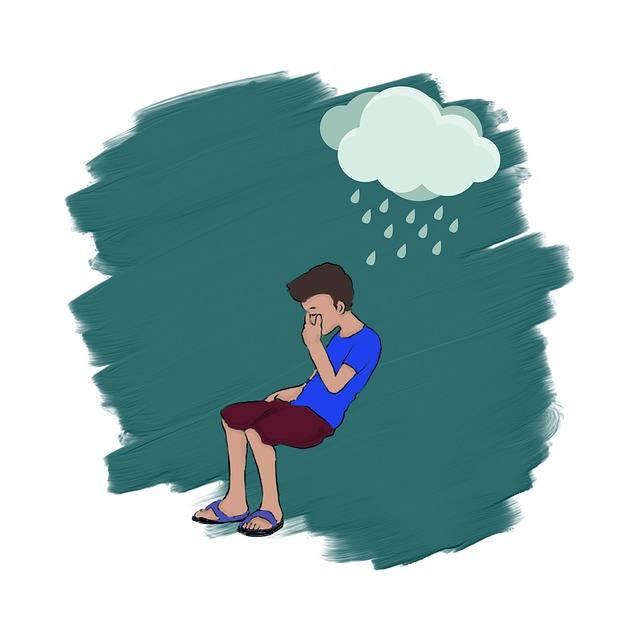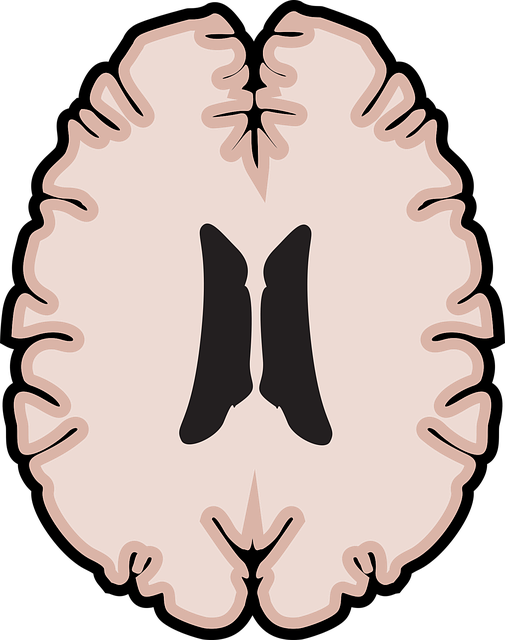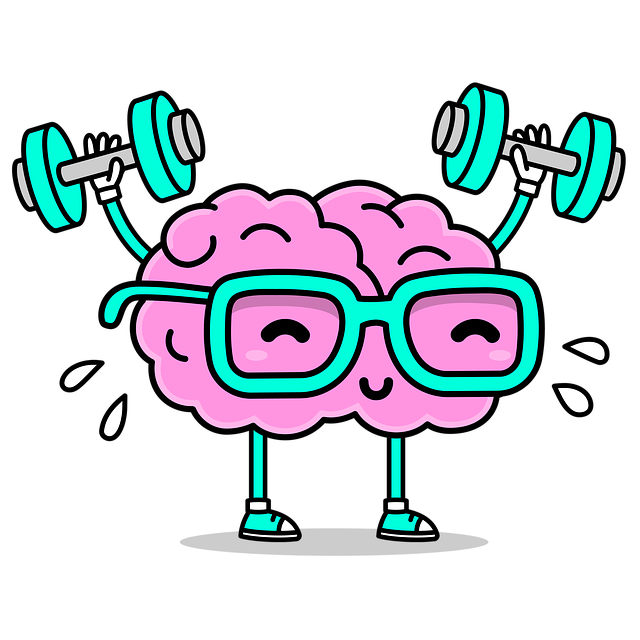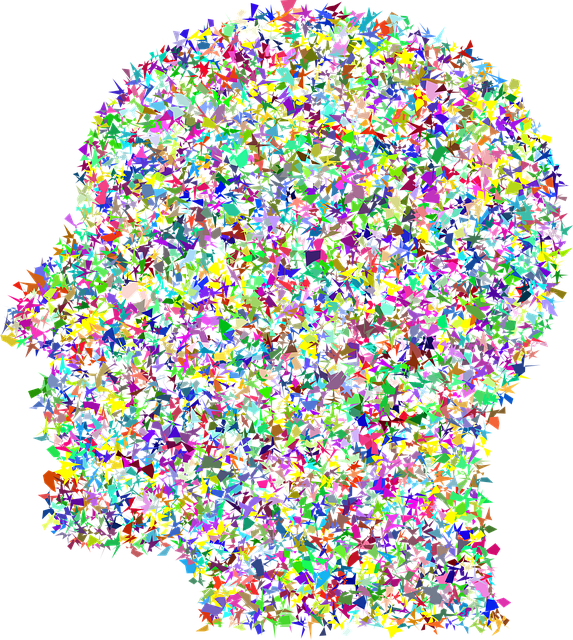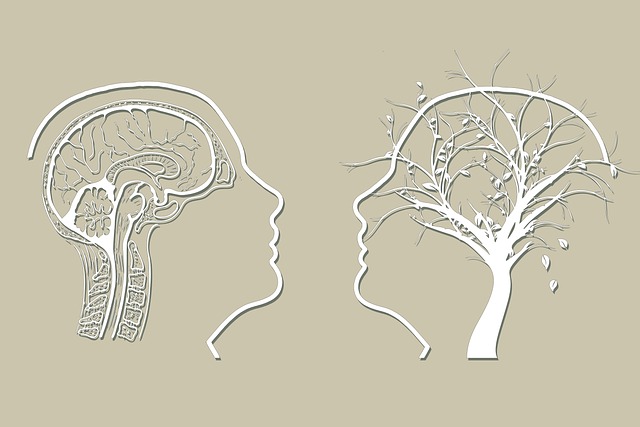Mental wellness apps, including those offering Lafayette American Sign Language (ASL) Therapy, are gaining popularity as accessible and convenient solutions for mental health challenges. These apps democratize care globally, providing stress management, mindfulness, mood tracking, and community support groups. An ASL therapy app in Lafayette can revolutionize mental health support by integrating ASL into therapeutic practices through video demonstrations, step-by-step guides, and a podcast series catering to diverse learning styles. By combining innovative technology with empathetic design, this app offers user-friendly interfaces for sign language input and real-time transcription, fostering an inclusive mental wellness ecosystem.
Mental wellness apps are gaining prominence as tools to support individuals’ emotional well-being. This article explores the development of such apps, focusing on the unique case of Lafayette American Sign Language (ASL) therapy. With a growing recognition of mental health issues, ASL therapy apps offer accessible, personalized care for the deaf and hard-of-hearing community. By integrating innovative features, developers can enhance user engagement and provide effective support. This piece delves into these strategies, highlighting the potential impact of Lafayette ASL therapy apps in improving mental wellness accessibilty.
- Understanding the Need for Mental Wellness Apps
- Developing Effective Features for ASL Therapy
- Integrating Lafayette American Sign Language (ASL) Therapy into Digital Platforms
Understanding the Need for Mental Wellness Apps

In today’s fast-paced world, mental wellness is a paramount concern, with an increasing recognition of the impact of mental health issues on individuals and communities alike. This shift in perception has led to a growing demand for accessible and convenient solutions, such as mental wellness apps. These digital tools offer a promising approach to addressing mental health challenges, providing support that transcends traditional therapy settings. For instance, Lafayette American Sign Language (ASL) Therapy apps cater to the specific needs of deaf or hard-of-hearing individuals by offering language access and self-awareness exercises tailored for their cultural sensitivity in mental healthcare practice.
Beyond accessibility, mental wellness apps have the potential to democratize care by reaching a broader audience, regardless of geographical location or scheduling constraints. They can incorporate various features such as stress management techniques, mindfulness exercises, mood tracking, and community support groups. Moreover, these apps can adapt to individual user needs through personalized content and adaptive algorithms, fostering a sense of empowerment and self-efficacy. Incorporating elements like Cultural Sensitivity in Mental Healthcare Practice ensures that apps cater to diverse populations, reflecting the growing understanding that mental health services must be inclusive and respectful of different cultural backgrounds and experiences.
Developing Effective Features for ASL Therapy

Developing an app for American Sign Language (ASL) therapy is a unique and innovative approach to improving mental wellness, especially within the Lafayette community. By incorporating ASL into therapeutic practices, developers can create powerful tools that cater to the specific needs of deaf or hard-of-hearing individuals. The app should focus on creating interactive and engaging content, offering users a comprehensive experience. For instance, including video demonstrations and step-by-step guides for various ASL signs related to emotional expression and stress management can be beneficial. Users could then practice these signs, fostering better communication skills and coping strategies for anxiety relief.
Additionally, the app might feature a mental wellness podcast series production element, where users can access informative episodes on topics like managing stress, improving social connections, and building resilience. This multimedia approach ensures that different learning styles are accommodated, enhancing the overall effectiveness of the therapy. By combining ASL with modern technology, this app has the potential to revolutionize mental health support and make it more accessible to those who rely on sign language for communication.
Integrating Lafayette American Sign Language (ASL) Therapy into Digital Platforms

Integrating Lafayette American Sign Language (ASL) Therapy into digital platforms opens up a world of possibilities for enhancing mental wellness support. By incorporating ASL therapy, app developers can cater to a diverse user base, particularly those within the deaf and hard-of-hearing community who often face barriers in accessing traditional talk therapy. This inclusive approach not only expands accessibility but also leverages the power of nonverbal communication, which can be incredibly effective for cultivating compassion and managing stress.
The implementation of ASL therapy within digital platforms requires a thoughtful blend of innovative technology and empathetic design. Developers should prioritize user-friendly interfaces that allow for seamless sign language input, whether through camera capture or text-to-sign language conversion. Moreover, incorporating features like real-time transcription and interactive modules based on Compassion Cultivation Practices can further enrich the therapeutic experience. Community Outreach Program Implementation strategies can also help ensure that these digital tools reach the intended audience effectively, fostering a more inclusive mental wellness ecosystem.
Mental wellness app development, particularly integrating Lafayette American Sign Language (ASL) therapy, is a significant step forward in accessible mental health support. By combining innovative digital platforms with the benefits of ASL therapy, we can reach a wider audience and cater to diverse communication needs. This approach ensures that individuals who rely on ASL for effective therapy now have convenient, modern options at their fingertips, promoting better mental wellness outcomes.

